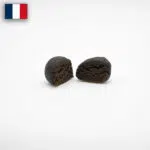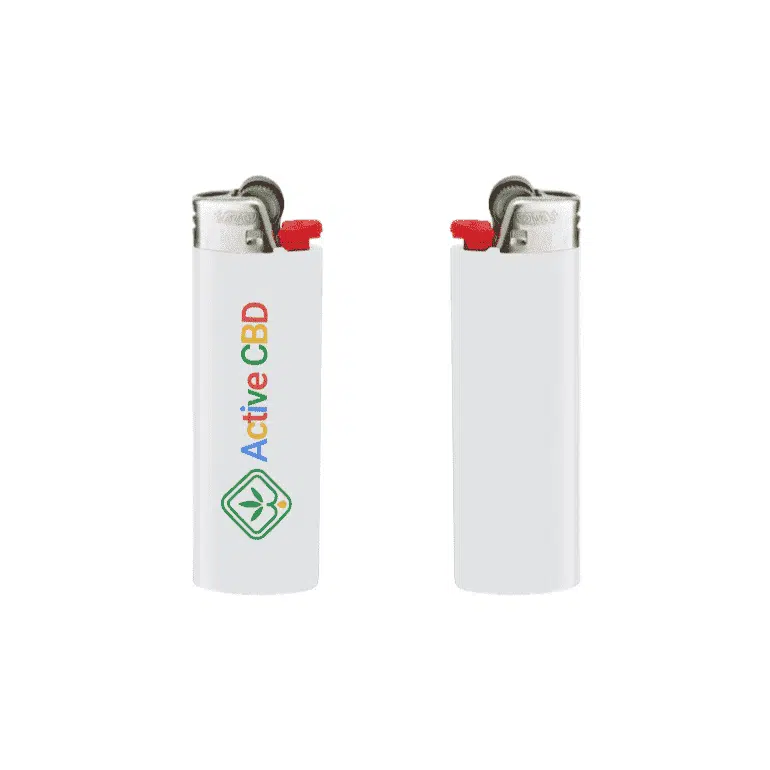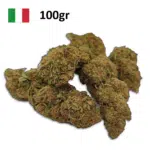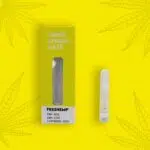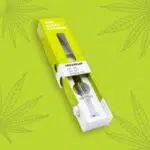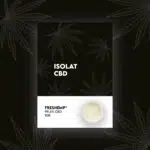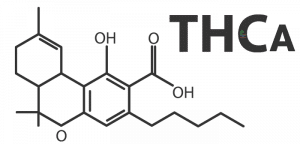
THC (tetrahydrocannabinol) is the main active ingredient in cannabis. On the other hand, THCa ( Acid TetraHydroCannabinol ) is not psychoactive and does not make you high. In raw cannabis, before it is dried and heated, THCa exists in its acid form. When the plant is dried, THCa naturally converts to THC through a process called decarboxylation. Decarboxylation can also be achieved by heating the plant material.
Differences between THC and THCa
The main difference between THC and THCa is that the former is psychoactive while the latter is not. Both occur naturally in cannabis, but only THC has intoxicating effects.
THC is not present to any appreciable degree in fresh cannabis flowers. It is produced as THCa, which then turns into THC after exposure to heat or UV light, a process known as decarboxylation. Once converted, THC begins to interact with endocannabinoid receptors in the brain and other parts of the body, causing its signature psychoactive effects.
The effects of THCa
THCa has its own benefits, distinct from those associated with THC. It can help relieve symptoms of:
- Inflammation
- Nausea
- Muscle pain and spasms
